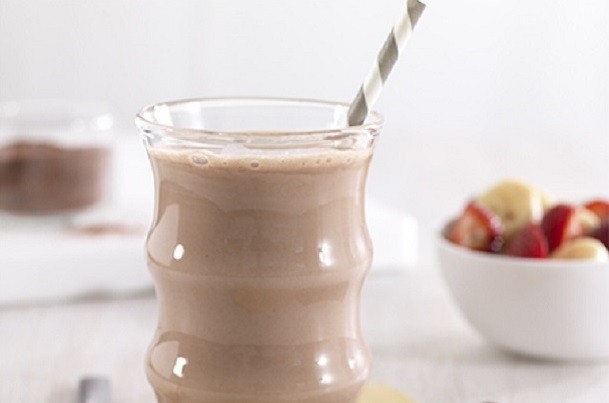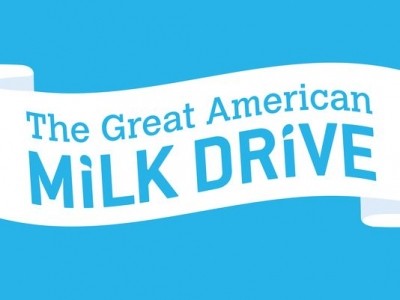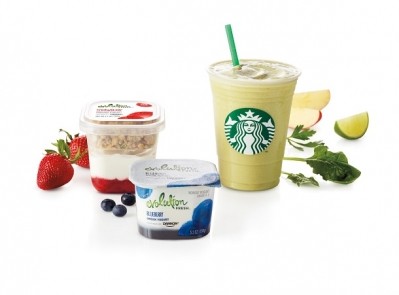Nutritional drink marketing linked to music, sports & politics may be most effective, study reveals

“The biggest opportunity for increasing sales” of nutritional drinks is by targeting consumers who buy them several times a week or once a month, and the best way to reach them likely is through social media, music websites or blogs focused on technology, sports and political content, CivicScience discovered by cross-referencing results from a consumer poll it conducted in April with other data it collected over time.
The survey of 4,115 Americans older than 13 years conducted by CivicScience revealed 36% of respondents consume nutritional beverages several times a week or once a month.
These consumers skew towards millennials or younger with 43% aged 13-24 years of age. They tend to be more tech-oriented with 60% of weekly drinkers reading technology blogs and websites daily. They also spend at least two-hours a day on social media – particularly on Pinterest, according to CivicSience.
Monthly drinkers may spend even more time on social media than weekly drinkers with 38% more likely to spend more than four hours on social media. This group is more likely to use Snapchat than weekly users, but also favors Pinterest, the research shows.
This suggests marketing campaigns on YouTube, Pinterest and Snapchat may be “potential avenues where the impact may be greater” for marketing, according to CivicScience. In addition, in-theater advertising and licensing deals with theaters also could be effective, it adds.
Targeting daily drinkers
More hardcore nutritional drinkers who reach for a smoothie or juice daily may be more influenced by marketing related to health and fitness, according to CivicScience’s research.
This group is 175% more likely to say health and fitness is a passion of theirs, 46% more likely to have spent more than $250 on sports related purchases in the last year and is 56% more likely to choose healthy snacks over other snack options, according to the research. In addition, it found, daily drinkers are 57% more likely to buy organic food – making this an effective marketing point if applicable.
Music-oriented campaigns also may be an effective way to reach this group, according to CivicScience, which found “those who closely follow trends and current events in music are more likely to consume these types of drinks more frequently.”
They also are 75% more likely to very closely follow trends and current events related to cooking, suggesting websites related to food are good ways to reach them as well.
Surprisingly, men are more likely than women to consume these drinks daily with 58% of daily drinkers being male. Income, employment and education, however, are not factors in consumption, CivicScience found.
Increased competition
Reaching nutritional drinkers is becoming increasingly important as consumers continue to turn away from sodas in favor of healthier beverages, CivicScience stresses.
According to Euromonitor, U.S. carbonate consumption contracted by nearly 3 billion liters between 2008 and 2013. It attributes the drop to the high level of sugar in soda, but also notes that sales of diet and mid-calorie sodas fell 2% in volume in 2013.
To fill this void, launches of juices, sports drinks and meal replacement smoothies are increasing. This emerging category also particularly is competitive given that CPG manufacturers are up against each other and high-profile food service outlets, such as Jamba Juice and Starbucks, CivicScience notes.






